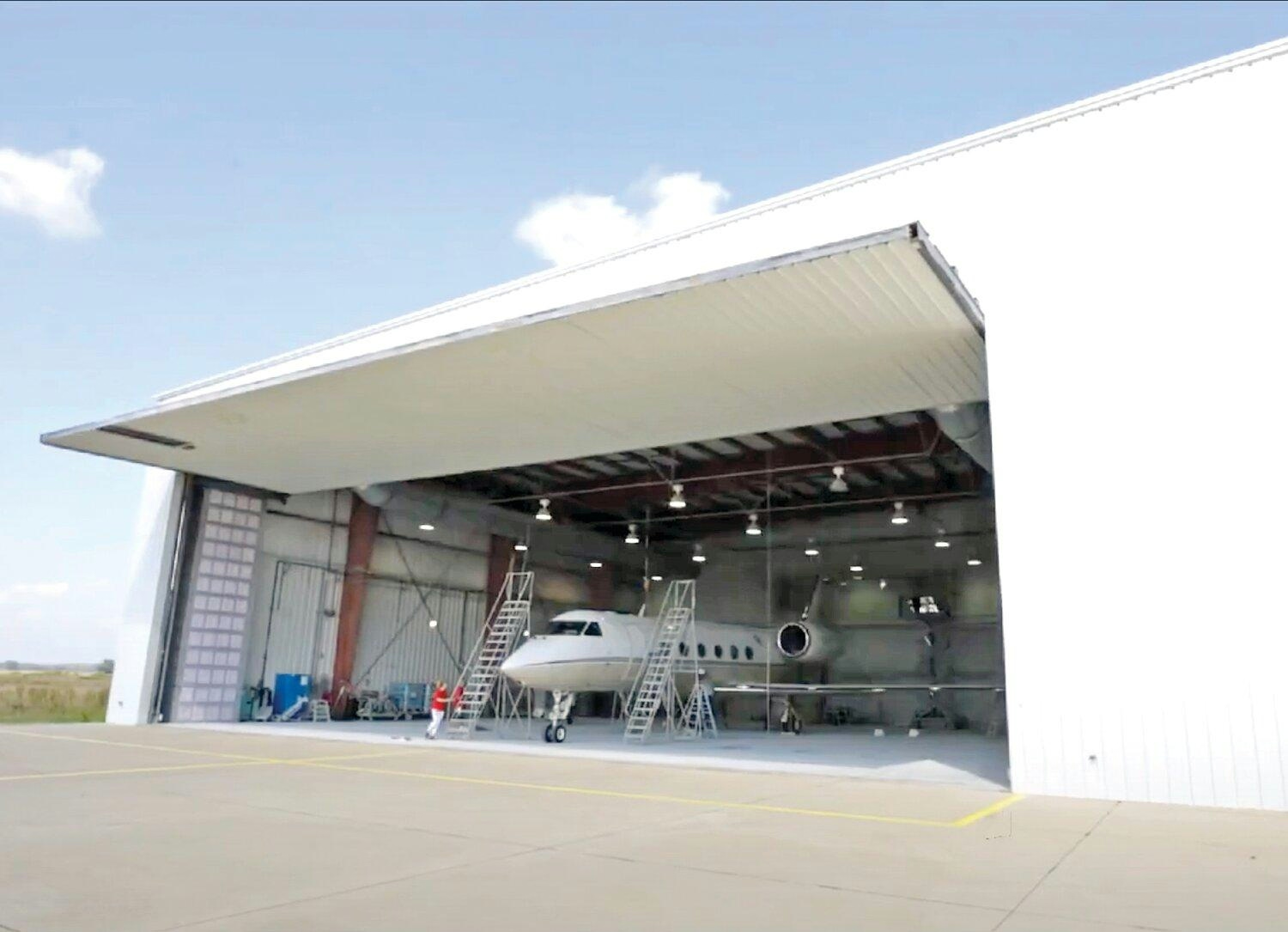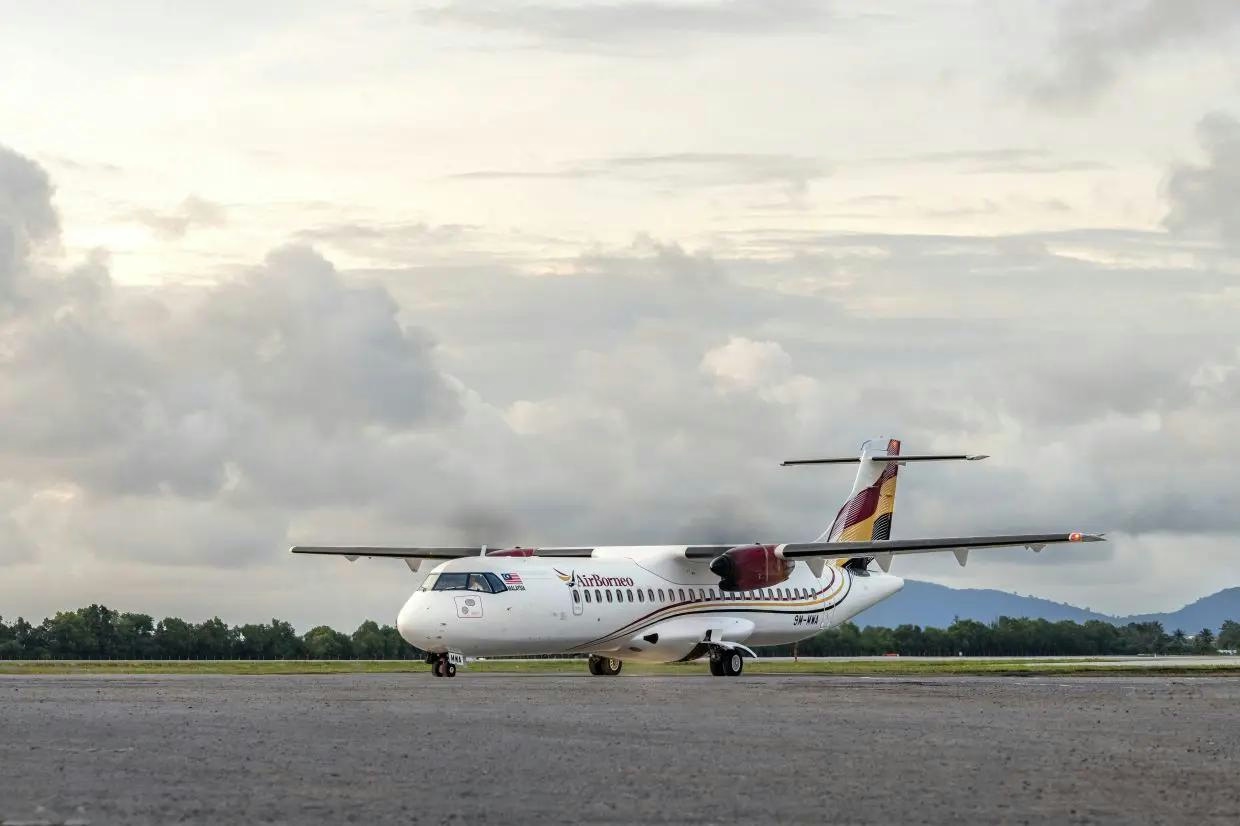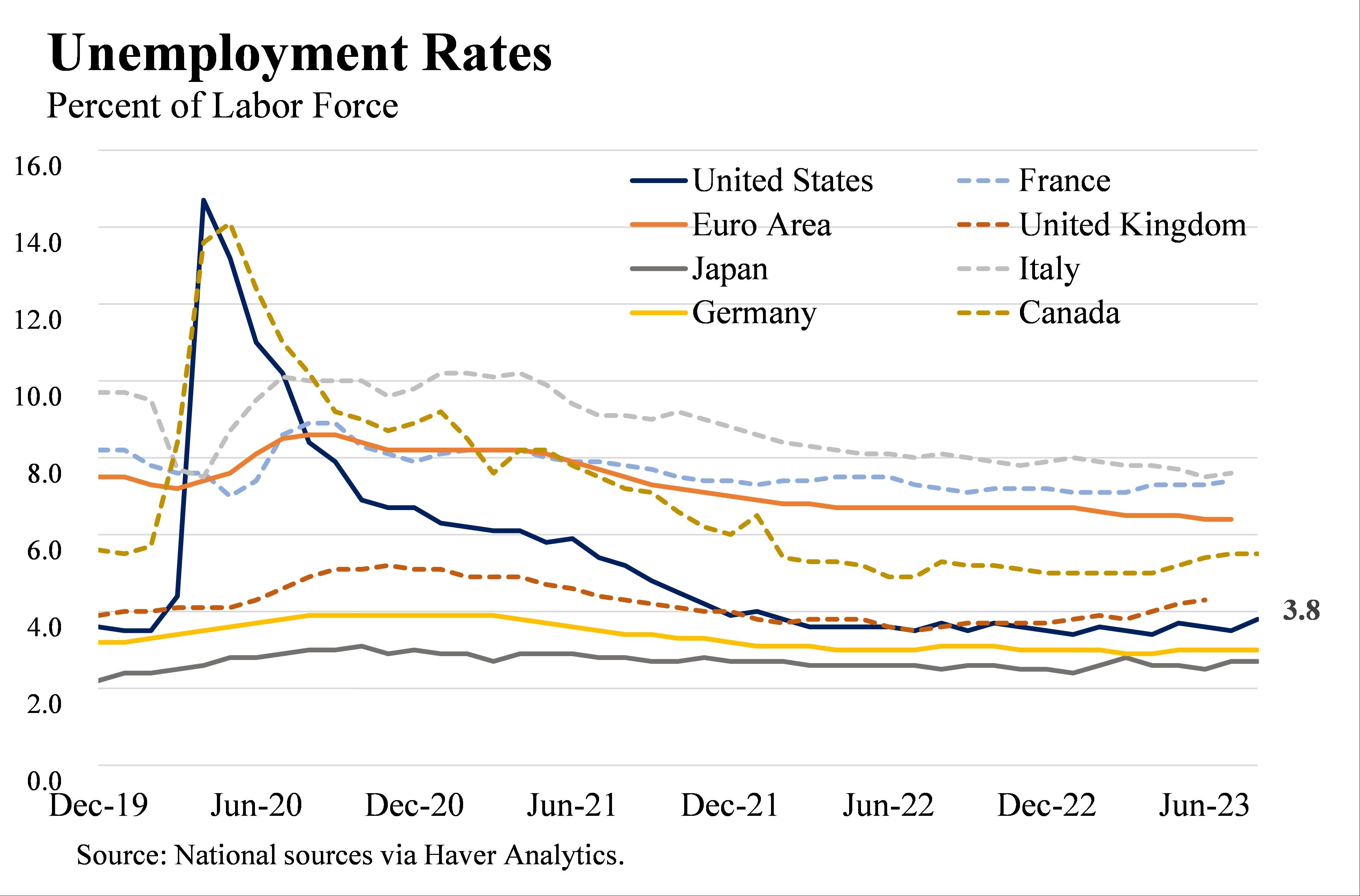AeroGenie — Your Intelligent Copilot.
Trending
Categories
The Strategic Benefits and Risks of AI Nudges in Aviation and Finance

The Strategic Benefits and Risks of AI Nudges in Aviation and Finance
Consumers frequently express support for sustainability, yet their purchasing behaviors often fail to reflect these intentions. This discrepancy is particularly evident in the aviation sector, where voluntary carbon offset programs have struggled to gain widespread acceptance. Despite broad recognition of aviation’s environmental impact, only a small fraction of passengers choose to pay extra for carbon offsets, often due to doubts about their efficacy.
A recent study titled “Large Language Models Enable Personalised Nudges to Promote Carbon Offsetting Among Air Travellers,” conducted by Vladimir Maksimenko and colleagues, explores how artificial intelligence might help bridge this divide. The research investigates whether large language models (LLMs) can craft more effective, personalized nudges to encourage travelers to select carbon-neutral options.
AI-Driven Nudges: Incremental Gains with Significant Potential
The study centers on the “decoy effect,” a behavioral economics principle that introduces a third, less attractive ticket option to make the carbon-neutral choice appear more reasonable. By leveraging demographic and attitudinal data—including age, income, and, importantly, trust in offsetting—the researchers prompted an LLM to generate tailored ticket descriptions and pricing structures. These AI-generated nudges were then tested through surveys involving nearly 3,500 travelers across China, Germany, India, Singapore, and the United States.
While the increase in carbon offset purchases was modest—rising by 3 to 7 percent—the impact at scale could be substantial. Across the five countries studied, this uplift could potentially reduce approximately 2.3 million tonnes of CO₂ emissions annually. Notably, the most pronounced behavioral change occurred among travelers who were initially skeptical of offsetting programs. This group accounts for roughly 81 million tonnes of CO₂ emissions each year, representing about 8 percent of global aviation emissions.
Strategic Implications and Industry Challenges
The study underscores a critical insight: the greatest environmental benefits arise from influencing the behavior of skeptics rather than reinforcing the choices of those already committed. This principle extends beyond aviation to other sectors such as finance, utilities, and retail, where shifting the preferences of reluctant consumers can yield disproportionately large effects.
However, the deployment of AI-driven nudges in heavily regulated industries like aviation and finance presents significant challenges. Ensuring regulatory compliance and safeguarding data privacy are paramount concerns, especially as companies increase investments in AI technologies. Ethical considerations and the risk of biases embedded in AI-generated recommendations have elicited mixed responses from investors. While some view these innovations as pathways to enhanced efficiency, others remain wary of potential unintended consequences.
Competitive dynamics may also evolve as industry players adopt similar AI tools to maintain market position or explore alternative strategies to mitigate overreliance on artificial intelligence. The broader strategic environment in aviation is shifting, exemplified by Air Mauritius’s pursuit of a strategic partnership—potentially with Qatar Airways—to address operational difficulties. Concurrently, the rise of stablecoins and their growing acceptance by institutional investors signal transformative changes in financial markets and regulatory landscapes.
Beyond these sectors, strategic collaborations such as the China-Brazil partnership in agriculture, energy, and infrastructure, alongside Asia Poly Holdings Berhad’s progress in reducing losses within Malaysia’s manufacturing industry, highlight the increasing importance of diversification and sustainable practices amid a rapidly evolving global economy.
Balancing Opportunity and Risk
AI-powered nudges represent a promising mechanism to narrow the gap between consumer sustainability intentions and actual behavior, particularly among skeptical groups. Yet, as industries integrate these technologies, they must carefully balance the pursuit of operational efficiency and environmental goals with rigorous attention to ethical standards, regulatory requirements, and long-term strategic resilience.

US Audit Identifies FAA Oversight Gaps at United Maintenance

The Impact of Agentic AI on Airport Operations

West Star Aviation Announces Expansion in Chattanooga

Aviation Design Software Market Projected to Reach $2.8 Billion

The Future of Aviation in Africa Amid Digital Transformation

Gyeongnam Province Unveils Mid- to Long-Term Aerospace Industry Roadmap

Delta Flight to Atlanta Suffers Engine Trouble, Sparks Grass Fire at Airport

Sarawak's AirBorneo partners with IBM for AI-powered operations

PH Aerospace and MRO Exports Reach $603 Million, Says DTI

Economic Growth Drivers Show Signs of Slowing
